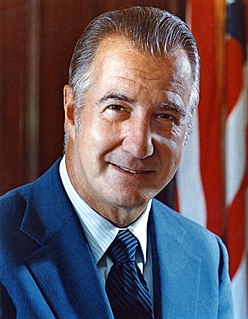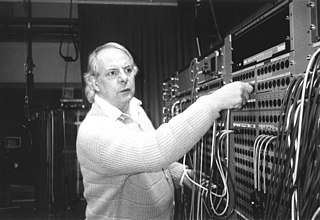A Quote by Walter Russell
When our knowing exceeds our sensing, we will no longer be deceived by the illusions of our senses.
Related Quotes
In the second half of life the necessity is imposed of recognizing no longer the validity of our former ideals but of their contraries. Of perceiving the error in what was previously our conviction, of sensing the untruth in what was our truth, and of weighing the degree of opposition, and even of hostility, in what we took to be love.
In the new alchemy, we have a similar kind of way of thinking. Our internal space includes our intuitions, our thoughts, our senses and our feelings, and from these we construct or build a picture of the outside world. From intuition and thought, we construct time. We also construct space from thought and our sensations. From our senses and our feelings, we experience energy, and from our intuitions and our feelings, we experience motion.
The truth about our childhood is stored up in our body, and although we can repress it, we can never alter it. Our intellect can be deceived, our feelings manipulated, and conceptions confused, and our body tricked with medication. But someday our body will present its bill, for it is as incorruptible as a child, who, still whole in spirit, will accept no compromises or excuses, and it will not stop tormenting us until we stop evading the truth.
Now, since our condition accommodates things to itself, and transforms them according to itself, we no longer know things in their reality; for nothing comes to us that is not altered and falsified by our Senses. When the compass, the square, and the rule are untrue, all the calculations drawn from them, all the buildings erected by their measure, are of necessity also defective and out of plumb. The uncertainty of our senses renders uncertain everything that they produce.
If human life is in fact ordered by a beneficent being whose knowledge of our real needs and of the way in which they can be satisfied infinitely exceeds our own, we must expect a priori that his operations will often appear to us far from beneficent and far from wise, and that it will be our highest prudence to give him our confidence in spite of this.
All we have to believe with is our senses, the tools we use to perceive the world: our sight, our touch, our memory. If they lie to us, then nothing can be trusted. And even if we do not believe, then still we cannot travel in any other way than the road our senses show us; and we must walk that road to the end.
That is why we need to travel. If we don't offer ourself to the unknown, our senses dull. Our world becomes small and we lose our sense of wonder. Our eyes don't lift to the horizon; our ears don't hear the sounds around us. The edge is off our experience, and we pass our days in a routine that is both comfortable and limiting. We wake up one day and find that we have lost our dreams in order to protect our days.
Sometimes it appears that we're reaching a period when our senses and our minds will no longer respond to moderate stimulation. We seem to be approaching an Age of the Gross. Persuasion through speeches and books is too often discarded for disruptive demonstrations aimed at bludgeoning the unconvinced into action.
I think Kwan intended to show me the world is not a place but the vastness of the sou. And the soul is nothing more than love, limitless, endless, all that moves us toward knowing what is true....If people we love die, then they are lost only to our ordinary senses. If we remember, we can find them anytime with our hundred secret senses.
A moral character is attached to autumnal scenes; the leaves falling like our years, the flowers fading like our hours, the clouds fleeting like our illusions, the light diminishing like our intelligence, the sun growing colder like our affections, the rivers becoming frozen like our lives--all bear secret relations to our destinies.
It is possible to be honest every day. It is possible to live so that others can trust us-can trust our words, our motives, and our actions. Our examples are vital to those who sit at our feet as well as those who watch from a distance. Our own constant self-improvement will become as a polar star to those within our individual spheres of influence. They will remember longer what they saw in us than what they heard from us. Our attitude, our point of view, can make a tremendous difference.

































